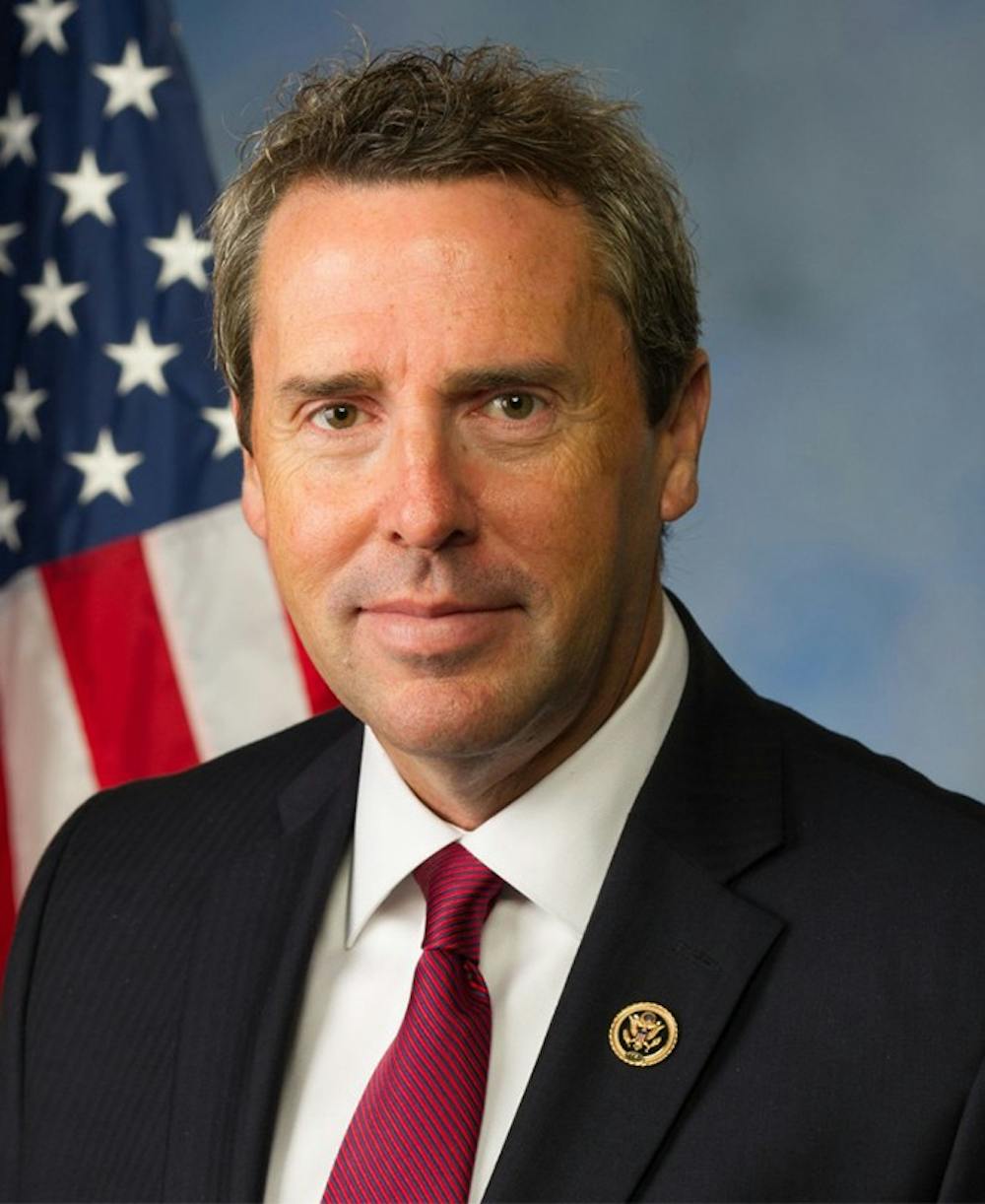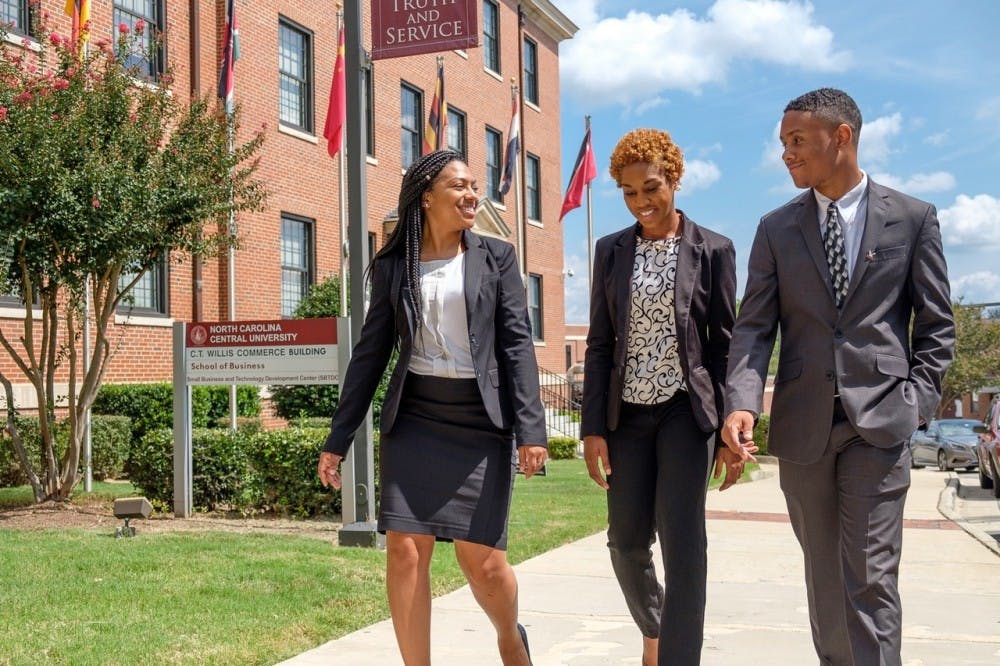U.S. Rep. Mark Walker, R-N.C., is an organizer of annual meetings between legislators and historically black college and university leaders. Staff writer Michael Meeks spoke with Walker about his work with HBCUs, as well as future plans for higher education.

The Daily Tar Heel: What was discussed at the HBCU meeting last week?
Mark Walker: We talked about things and issues that are important to (HBCUs) from a legislative process. Obviously, we know that funding is always an issue, we got that from last year. One of the things that we were able to do to incorporate funding in this one was the year-round Pell Grants. That was something specifically that we heard — we were able to get that as legislation. We worked with Sen. Tim Scott and we got it to the president’s desk, and it is now a law.
The other thing that we heard that we wanted to design for this year was to have more one-on-one with the business community. We brought a lot of corporations in so they could talk one-on-one, this is specifically what we’re looking for in graduates – whether it's from the engineering side, the tech side, the nursing component, medical. I’m privileged to represent the largest HBCU in the country with (N.C.) A&T. Chancellor Martin has become a good friend. That is what drove this year – more business connections, more industry connections. Fifteen or 20 years ago, the education world was not having to switch or move with such flexibility. We constantly see the ever-rapid changing industry, and we understand that’s part of the need.
DTH: Why is it important for politicians, and Republicans in particular, to meet with HBCU leaders and educators?
MW: I believe that the stronger we make families, the better chance we have in education, the better chance we have in fighting against poverty, and I guess in some ways, it’s personal for me. I represent A&T; my wife is a two-time graduate at Winston-Salem State University. So, I know there is great education there, but I felt like we needed to do more to bring awareness. What are the action steps we need to take? What other components are needed out there to be able to see these HBCUs continue to flourish?
DTH: Do you have any plans for future meetings with HBCU leaders?



